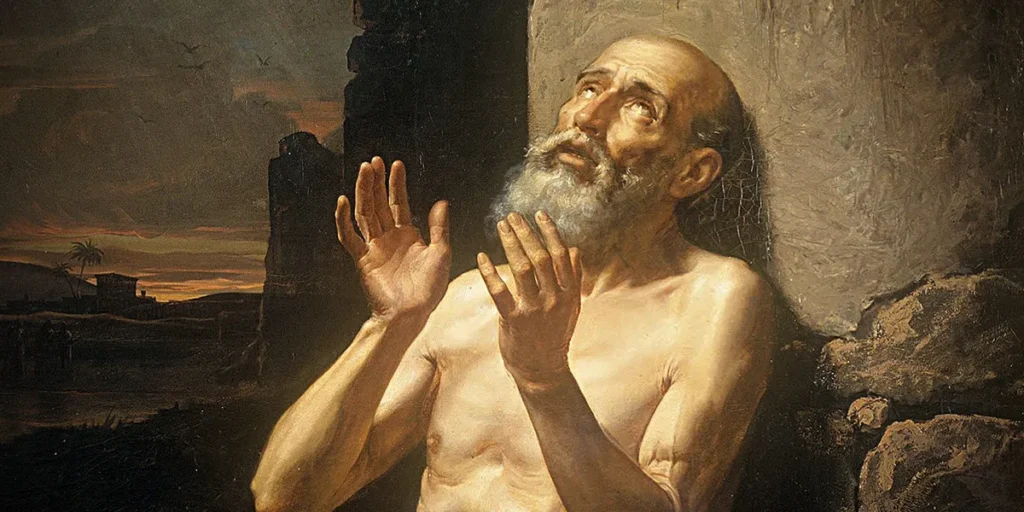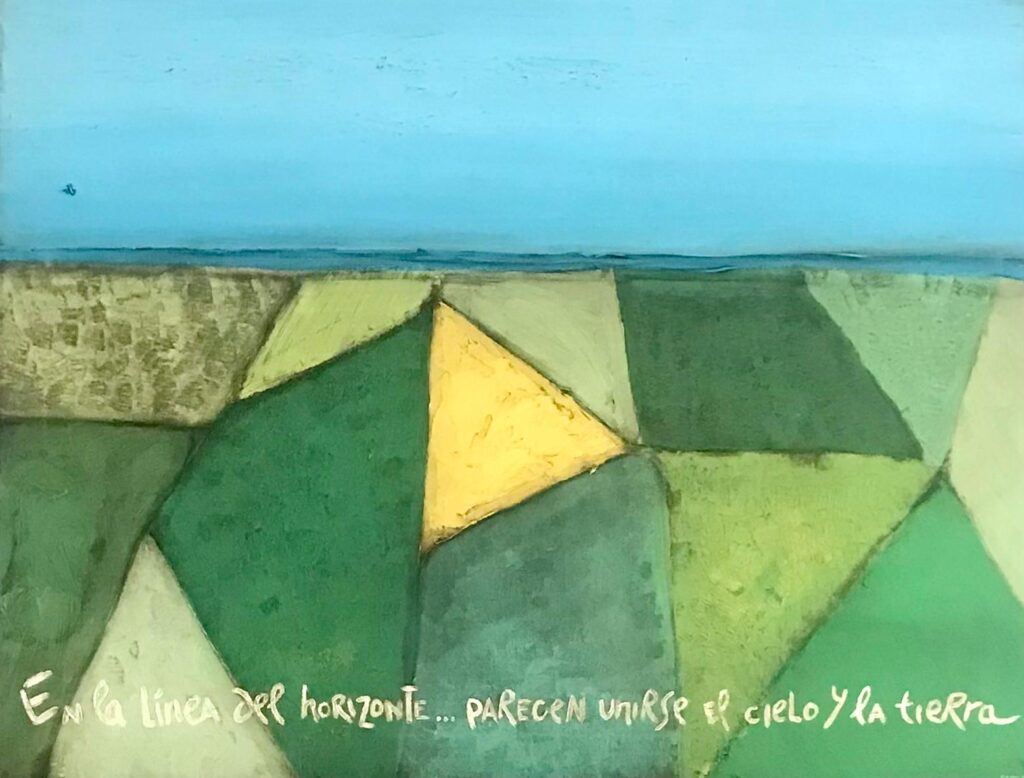Cardinal Arizmendi: What did Mexicans tell us in the elections?
Let us educate ourselves to discern what God tells us in the different realities of our people

Cardinal Felipe Arizmendi, bishop emeritus of San Cristóbal de Las Casas and responsible for the Doctrine of the Faith at the Conference of the Mexican Episcopate (CEM), offers Exaudi readers his weekly article titled “What did Mexicans tell us in the elections?”.
***
LOOK
The electoral victory of the party in power was overwhelming; that cannot be denied. The vast majority voted for their project to move forward. What does that mean for those of us who have not agreed to everything that this project implies? There are many interpretations of this fact; I offer my point of view, which is limited, but may help.
Although there was great citizen participation, nearly 40 million did not vote, despite all the propaganda on television and in the different media for the people to come and cast their vote. We bishops insisted a lot on this, without violating canonical and civil laws, and many did not listen to us. What does that mean? It is true that many tried to vote and could not for various reasons, but a large number are apathetic and indifferent; they do not care about the direction of the country, but only about its immediate needs. What to do to get them to participate? Patiently, continue insisting on the reasons for them to be responsible citizens. As a Church, we need to make the Social Doctrine of the Church known in our groups, in catechesis and by all modern electronic means. It is a seed that sooner or later will bear fruit.
Everywhere there is an atmosphere of insecurity and violence, both due to common law crimes and due to the social and political impact of organized crime, which began in previous six-year terms, but has now grown without control, because the government in turn has not been able or has not wanted to confront it in a more forceful way. It is no longer so much drug trafficking, which continues with its illicit activities, but rather extortion, the collection of fees, which the poor and rich suffer. Despite this, the majority voted to follow the same strategy as the federal government. What does that mean? Although we have insisted a lot, explicitly or subliminally, that we be more critical of the national and local reality, they did not listen to us; It seems that they tell us that they agree with the current system and want it to continue. It makes us think that we bishops do not have much influence on the majority, in this and other matters, but perhaps in small minorities. We console ourselves by saying that the Kingdom of God is and grows in small seeds, but I wish that these would bear more fruit.
We insisted in a thousand ways that our people vote out of personal conviction, seeking the common good, and not only out of the interest of continuing to receive the social support that, since previous six-year terms, the government has established, but that has now been increased in a very demagogic way. It is very good to support young people, women in special situations, the elderly and the poor in general, but it is not for electoral interests. Despite our recommendations, the majority supported with their vote those who give and promise them more money in their pockets. This is how not only popular segments voted, but also the middle and upper classes, who also receive this support, although some are self-sufficient and do not need as much. They justify it with several reasons. What does that mean? That money continues to rule and that with money you can buy consciences, so that they are blind and do not see the complete reality. We must continue fighting so that money is not the most decisive criterion in life, but rather other values that count much more.
DISCERN
The Mexican bishops, in the Global Pastoral Project 2031+2033, making us aware that we must listen to and discern the different realities of our people, we say:
“Getting closer to the reality of the world and the People of God is the starting point to shepherd it and a sacred place for its shepherds, because in it are found the deepest joys and hopes. Furthermore, there we contemplate the most heartfelt pains, struggles and sufferings. We want to approach it with our eyes wide open to contemplate this blessed space of life, alert our ears to hear the cries of our people and light our hearts to welcome, with faith and deep love, the voice of the Lord that is manifested through of her” (22).
The Bishops of this beloved Church, want to take off our sandals like Moses and strip away all pretense of pride and arrogance, to approach this sacred place of reality with humility, offering the Truth of Jesus Christ so that it may shine and restore the truth, and the dignified life that God wants for his children. We have been able to hear the voice of God who said to Moses, and now he says to us: “I have seen the affliction of my people in Egypt; I have heard the cry before their oppressors and I know their sufferings… The cry of the Israelites has reached me, and I have seen the oppression with which the Egyptians afflict them. So get on your way: I am sending you to Pharaoh to bring my people, the Israelites, out of Egypt (Ex 3,7.9-10). The present moment demands of the Church to see and hear those afflictions of her people, to renew with hope her mission and propose the Truth of the Gospel, in the richness of this cultural dialogue” (167).
ACT
Let us educate ourselves to discern what God tells us in the different realities of our people, as now in the recent elections, and offer them the light of the Gospel to, together, continue sowing and collaborating in the construction of the Kingdom of God, which is truth and life, holiness and grace, justice, love and peace.
Related

Job, the Mystery of Suffering
Francisco Bobadilla
31 March, 2025
6 min

Emilio Girón: Stubbornness and Tinto de Verano
Exaudi Staff
30 March, 2025
5 min

Facing Divorce as a Christian Couple
Laetare
28 March, 2025
2 min

Mars Colonization: Technological Progress or Threat to Human Dignity?
Observatorio de Bioética UCV
28 March, 2025
9 min
 (EN)
(EN)
 (ES)
(ES)
 (IT)
(IT)

